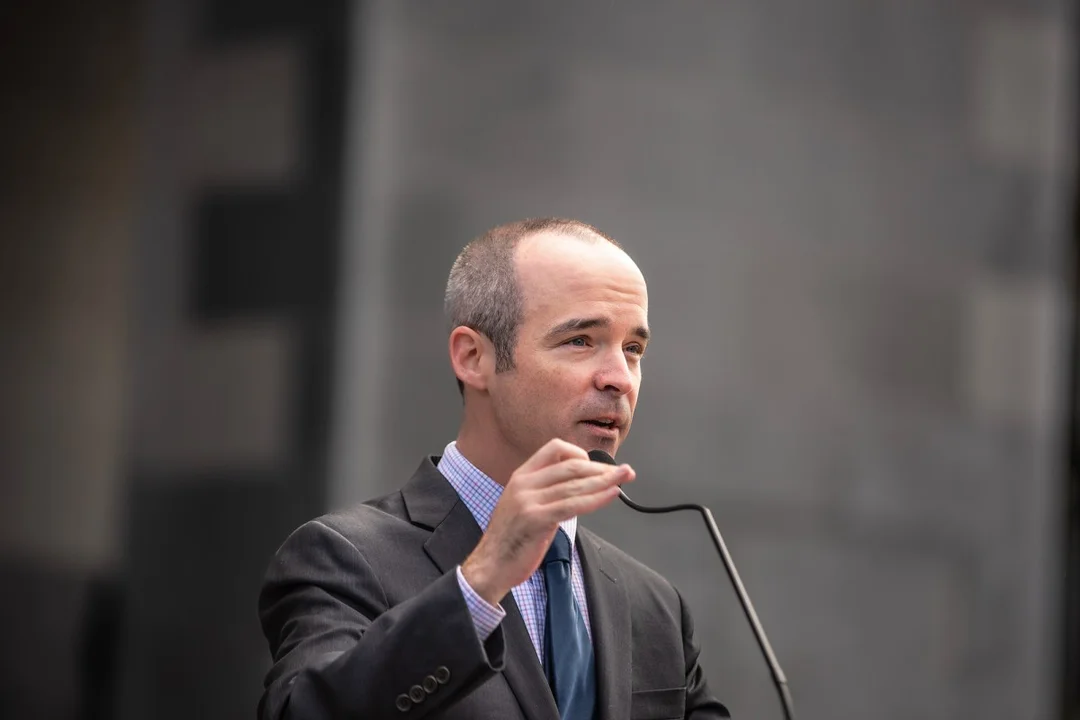
Could California’s HOAs Finally Face the Spotlight They Deserve?
In the labyrinth of community living, California's homeowners associations (HOAs) have long wielded significant power over residents' daily lives. A recent push for greater transparency in these private governing bodies has ignited fierce debates, leaving many to wonder if real change is on the horizon. With a failed bill and ongoing legislative proposals, the fight for accountability in HOAs could reshape how millions of Californians interact with their neighborhoods.
At the heart of this controversy is Assemblymember Joe Patterson, a Republican from Placer County, who has become a vocal critic of HOA practices. Frustrated by what he calls "sheer harassment" from his own HOA, Patterson championed Assembly Bill 21 (AB 21), introduced by fellow Republican Carl DeMaio. The bill sought to treat HOAs more like local governments, mandating open meetings, recorded decisions, and public access to records such as agendas, minutes, and lawsuit notices. Patterson, displaying a bold "Defund the HOA" flag in his office, argued that residents deserve "sunlight" in governance, especially when HOAs can impose fees, liens, and strict rules on property maintenance.

Despite bipartisan support, AB 21 failed to advance from committee last week, with some Democrats voting against it. Patterson attributes the defeat partly to DeMaio's polarizing style, suggesting that the bill's association with him may have swayed votes. Opponents, including the Community Associations Institute, argued that existing laws already ensure accountability. This setback highlights a broader tension: while HOAs provide essential services like landscaping and security, their enforcement of rules—such as dictating the depth of landscaping bark or banning wheeled basketball hoops—can lead to neighborly feuds and accusations of overreach.
Looking beyond AB 21, other bills in the pipeline could further impact HOAs. Senate Bill 282, from Senator Scott Wiener, aims to protect the installation of electric heat pumps, aligning with Governor Gavin Newsom's goal of deploying six million by 2030. Critics question if this is necessary, as HOAs rarely ban such upgrades, but it underscores efforts to modernize community standards. Meanwhile, Senate Bill 770 proposes easing insurance requirements for electric vehicle charging stations, a move some see as risky for unprotected HOAs. And Senate Bill 546 seeks to repeal a provision allowing subcommittees to handle monthly financial reviews, potentially burdening volunteer boards further.

These proposals reflect a growing recognition that HOAs, managing billions in fees and affecting over 50,000 communities, operate like quasi-governments. As DeMaio puts it, "If they can tax you and encumber your property rights, they should be subject to open laws." Yet, the failure of AB 21 raises questions about political motivations and the balance between regulation and autonomy. For residents like Patterson, who faces $85 monthly fees and potential liens, the stakes are personal and financial.
Ultimately, these legislative battles could lead to a more equitable system for HOA governance, ensuring decisions are made transparently and fairly. As Californians navigate these changes, the potential for reform offers a glimmer of hope—or a warning of ongoing conflicts.